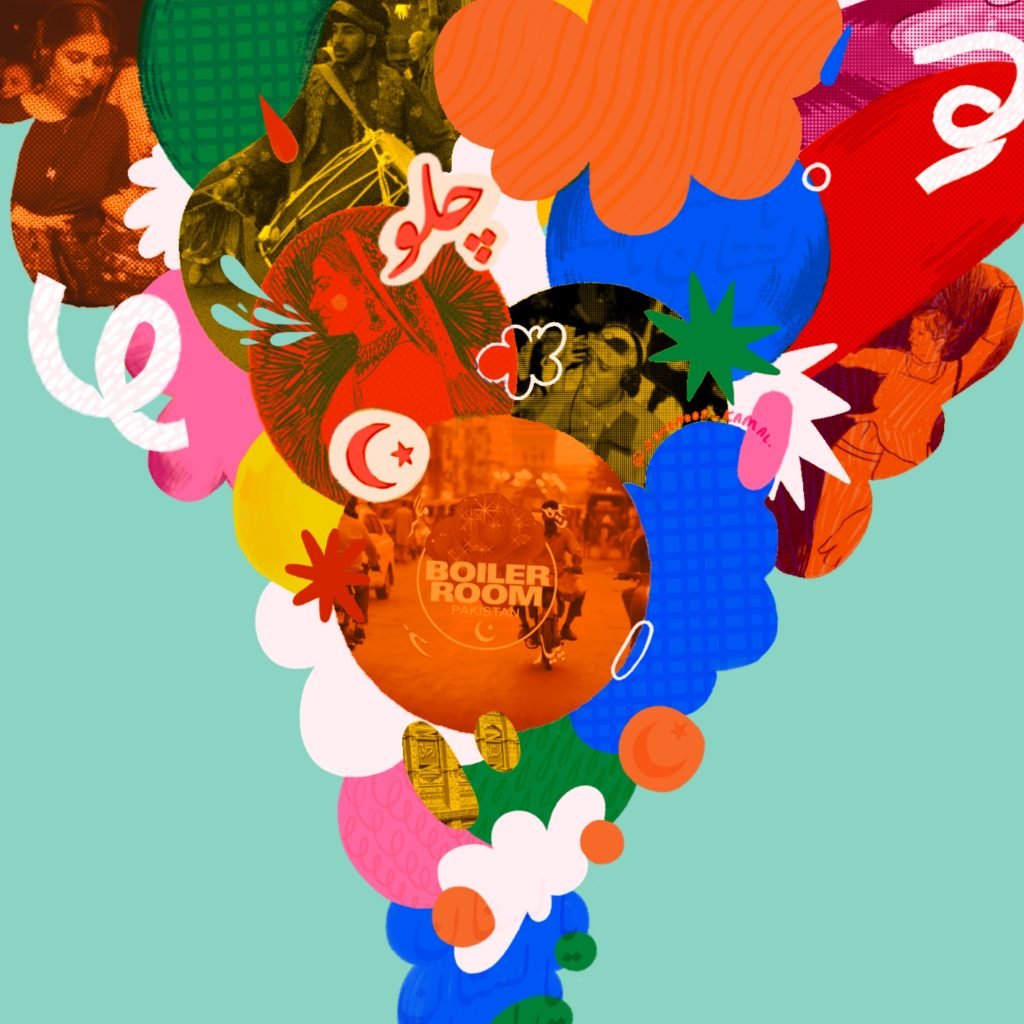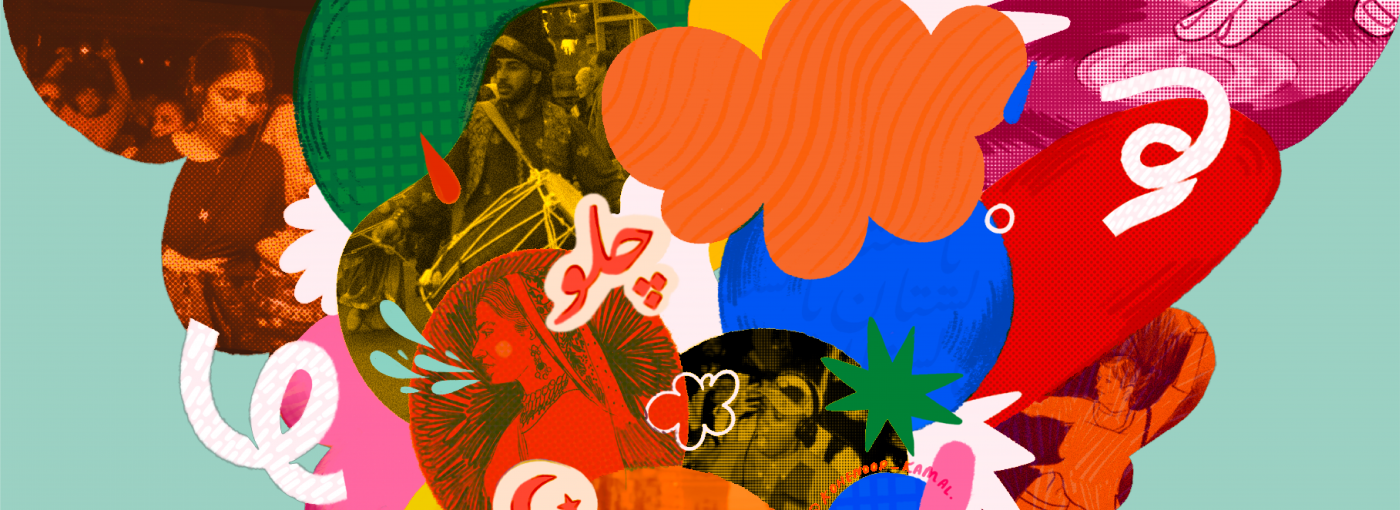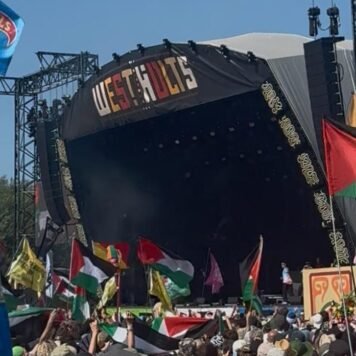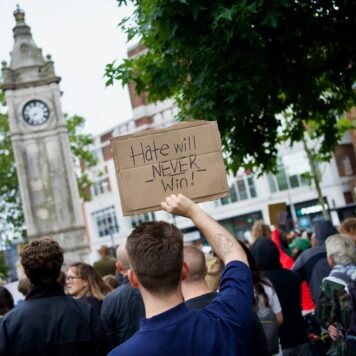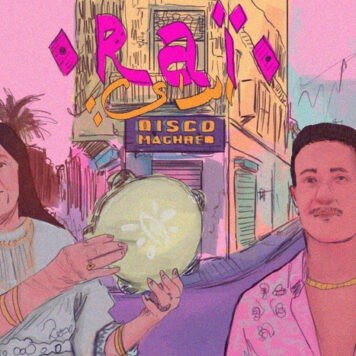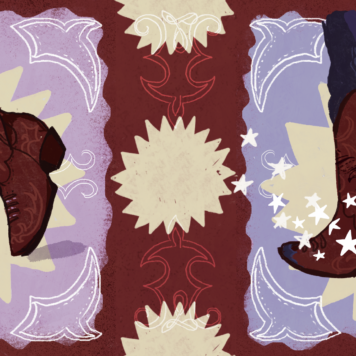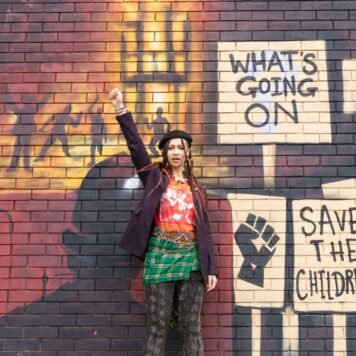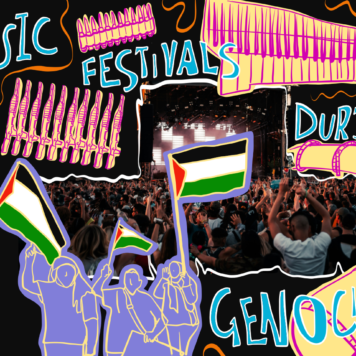I’m on a Zoom call with Daniel Panjwaneey just 24 hours after Pakistan’s first Boiler Room event in Karachi. Pumped with adrenaline, he’s still reeling from all the work that led up to the event which both celebrated the country’s new emergent dance music community and paid homage to a native heritage of live performance. It was a historic moment and in just one day, Lyla’s DJ set has already been viewed 19,000 times with almost 1,000 likes.
Pakistan isn’t normally the first country you’d associate with DJs, club culture and electronic music. And you’d be right in thinking this – it hasn’t been easy for those in the industry. Despite Karachi being deemed the ‘City of Lights’ during the 1960s, with a strong nightlife and streams of tourists from the Hippy Trail, 1977 saw a strict prohibition that placed a dampener on clubbing which can be felt to this day.
As head of Cape Monze Records, Daniel helped put the event together alongside Karachi Community Radio and the UK-based collectives Dialled In and Chalo HQ. He’s been producing electronic music for the past 12 years and has slowly been seeing growth in the community. For Daniel and the other musicians and DJs playing at the Boiler Room, it was definitely a move that put them on the global map.
“I don’t think the international audience was expecting such a range of talent. All nine acts brought such a different flavour,” Daniel tells me. “It’s been a long time coming and has taken years to build this energy.”
“It’s currently a big moment for Pakistan in general, not just the electronic scene,” he continues. “From the film Joyland, to Aroof Aftab winning a Grammy, to the new Ms Marvel series. There is some positive focus on Pakistan and it’s lovely to see it finally happening. Not just for us but South Asia in general.”
The Boiler Room event was off the back of the Bridging The Gap programme, a cross-cultural musical skills exchange between Pakistani and British Pakistani DJs. The workshops, hosted by Nabihah Iqbal, Manara and Ahadadream, focused on marketing yourself, production and DJing. The workshops, which were British Council funded, brought together local youth in Karachi and Lahore and allowed them to learn in a safe space that legitimised their hobbies and interests.
“It gives us a licence and space to flourish as South Asians in the global music scene,” says Daniel. “It set the tone for the young people attending, it let them know that there are people to look up to within our own circles – we no longer need to emulate the music of the West or other foreign artists.”
Despite the efforts of Daniel trying to change the narrative with Cape Monze Records, it’s still difficult to strengthen an underground music scene in a country where nightlife is limited to private parties. The strict ban on drinking and its associations with clubbing means that nightlife is impossible to find – unless you know the right people. After watching the Boiler Room live from my living room in Amsterdam, I was desperate to visit Karachi and experience a similar event first-hand. I asked Daniel how possible this would be when I was next in Pakistan.
“For live music and bands, it’s fairly easy. But if you’re hosting an event with DJs and dancing, it’s seen as Fahashi (dirt, smut) in the culture,” laughs Daniel. “So if anyone new contacts us wanting to attend an event we’re hosting, we always ask for a referral of previous attendees or a DJ.”
Whilst traditional Pakistanis associate electronic music with drinking and drugs, Daniel and many others in the scene are hoping to change the narrative and create safe spaces that are focused solely on the music and expression. And whilst the response to Bridging The Gap and Boiler Room has been promising, it’s impossible to guess how the country will react to the scene’s emergence. When I asked Daniel if Karachi was headed back to its 1960s heyday, he struggled to predict where the city would be in another 10 years’ time.
“Pakistan has a habit of mixing religion with politics and culture. I remember a time in the 90s when music was banned on television simply because men had long hair and were wearing jeans. This should give you an example of how the government can shape an entire society’s mind. We’ve since seen music allowed back on television but it’s been very closely monitored.”
Despite difficulties, the progress, collectives and initiatives coming out of Pakistan are making it a serious player in the electronic scene – and I can’t wait to follow its journey.
What can you do?
- To explore more of Pakistan’s collectives, you can also check out Miracle Mangal and Infinity Records
- Follow RepresentAsian
- Watch all the sessions in the first Boiler Room Pakistan event
